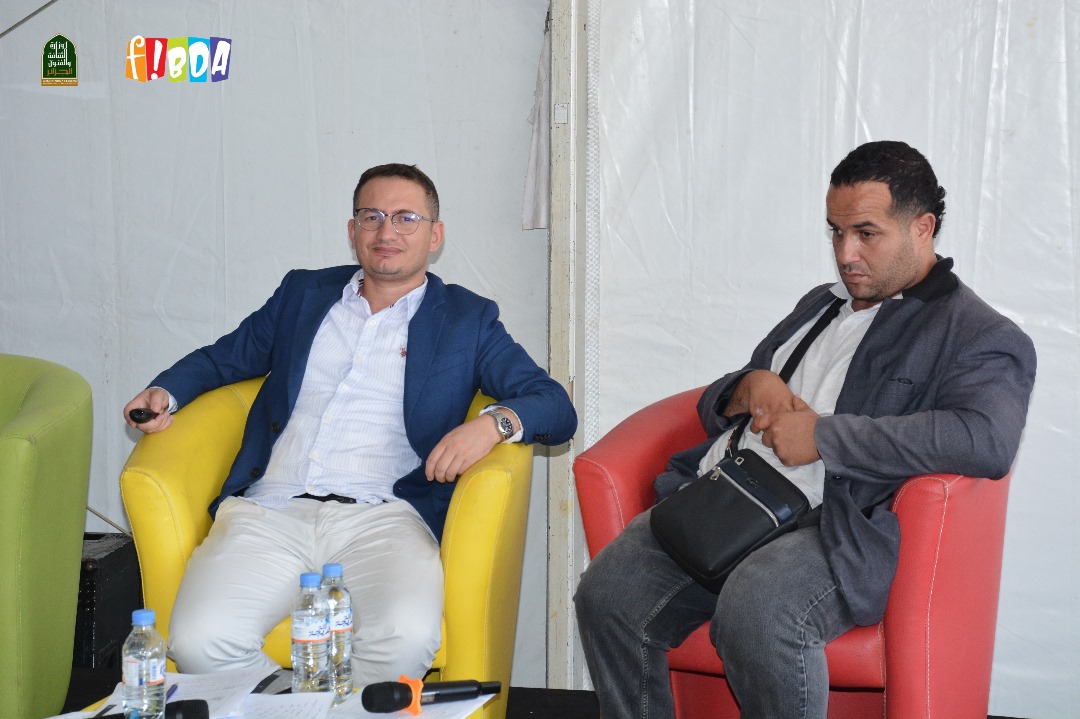The innovative concept of Amazigh comics in Braille took center stage at a conference held on October 3, 2025, during the Algiers International Comics Festival (FIBDA). The event highlighted a pioneering project designed to make comics accessible to visually impaired audiences through embossed panels and sound adaptations.
Journalist and writer at National Radio Channel 2, Fodhil Lounnas, presented the initiative, which is built around the idea of blending Braille with tactile imagery to create raised comics that can be read by touch. «The core question is whether comics can be brought into the world of the visually impaired in a unique format. The answer is tactile comics», he explained.
Looking back at the origins of the ninth art, Lounnas reminded the audience that its inventor, Swiss artist Rodolphe Töpffer, was visually impaired himself. «The notion that comics also belong to visually impaired readers is therefore not far from their historical roots», he said. In addition to tactile formats, Lounnas explored sound adaptation as another promising avenue. He noted a «strong parallel between drawing a panel, writing an onomatopoeia, and creating a sound image», pointing to the work of his colleague Omar Sahli, who successfully adapted a comic book script into a radio play.
Lounnas emphasized the anthropological approach behind his research, which relies on participant observation and gradual experimentation. His work evolved through various stages, from animated comics with dubbing to musical adaptations, before focusing on relief and sound as tools to enhance accessibility.
He also proposed giving this new creative form a name in Tamazight: «Amwaliri Imwaliri», a term that adds to the vocabulary of Amazigh comics while reflecting their evolution toward inclusivity for visually impaired readers.
Lounnas praised the festival for giving him the platform to present his research, describing it as «a new path for comics, making the art form more inclusive and accessible».
For his part, Omar Sahli expressed his gratitude to the FIBDA organizers, particularly the festival’s commissioner Salim Brahimi, for «the opportunity to address a subject close to my heart». He then handed the floor to his colleague, noting that Fodhil Lounnas was «better placed to delve deeply into this innovative theme of Braille and tactile comics, as my voice does not allow me to do so properly».
